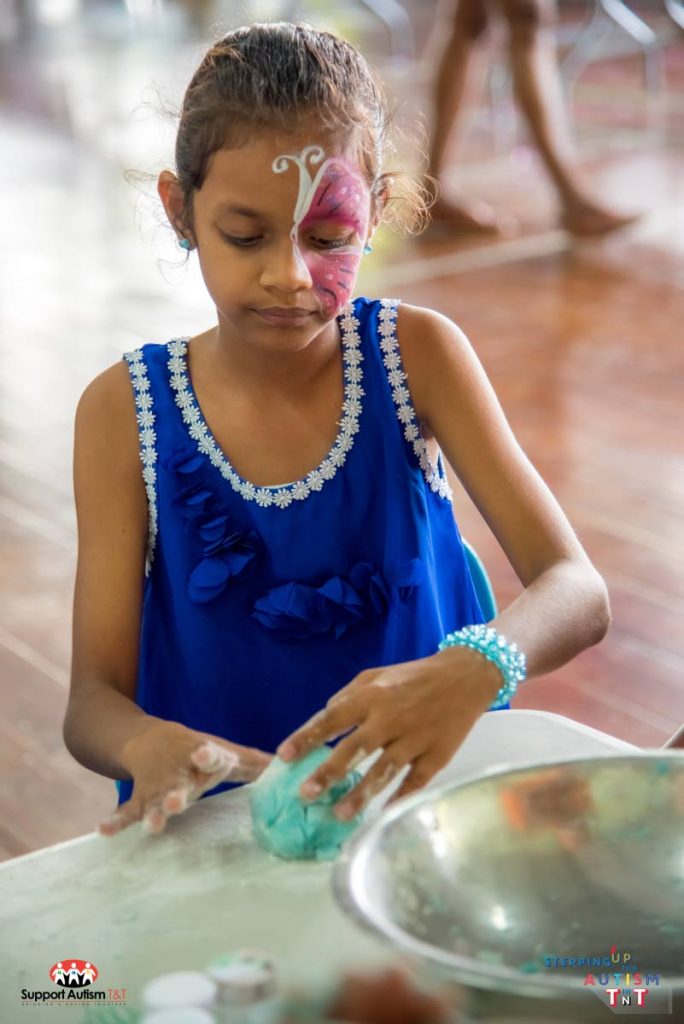Inadequate autism education

DR RADICA MAHASE
JUSTIN is 12. He was diagnosed with autism when he was three, after his pre-school teacher recognised the signs and guided his parents to get him diagnosed. Justin has two younger sisters and they all attend primary school. The family lives off social welfare grants because the father’s speech is not very clear and employers do not want to hire him. The parents are neither educated nor wealthy, but they have always done everything within their means to help their children.
Until covid19 restrictive measures were imposed, they made sure that their children attended school regularly. Whatever the principal or teachers suggest the children need they try to get the help – speech therapy, for example. One of Justin’s main issues was speech and when the principal suggested they take him to a speech therapist, his parents saved the $1,000 for the initial assessment.
However, they could not afford to pay $250 for a session. As a result, Justin never got the help he needed with his speech and he has difficulties communicating verbally.
His parents were told to apply for a teacher’s aide to help him in the classroom. They did so three years ago and are still waiting. Every time they followed up with Student Support Services, they were told there were no aides available.
Because he doesn’t have that extra assistance he has not performed as well as he could in his studies. He was kept back in standard one and two and although he is 12, he is not ready for SEA work.

Another setback for Justin is his teachers. Every time he changes a class and gets a new teacher it’s like starting all over again. The teachers see him as a problem child and don’t want him in their class. One teacher even told the principal that she will file a complaint with the union because she is not trained to teach children with special needs. Another teacher tried her best; she would give him work separate from the rest of the class but at the end of the term when they had tests, he had to be tested on what the entire class was doing so he did badly. In the end she had to recommend that he be kept back a year because he had not completed the level of work required for promotion to a higher standard. The principal has kept Justin in the school because he knows that the parents cannot afford to enrol him in a private school and there are no other options for him, but he admits that as Justin gets older, it will be difficult to keep him in school.
Justin’s situation highlights the inadequacies in the education system in TT.
It shows the lack of access to specialised services for children with special needs within the education system – the fact that Justin has been waiting three years for a teacher’s aides and that speech therapy is not even an option within the education system. Justin’s situation highlights the lack of teachers trained in special needs education within the primary school system.
Even worse, his situation shows an education system that caters for one level of learners, a curriculum implemented across the board and based on passing exams.
Someone told Justin’s parents that at least their son has a school to go to, but what is the point to sending your child to a school that does not cater to his intellectual development? In the long term this is more detrimental to Justin.
If we look at all the ways that the education system has and continues to fail Justin, then we can get a good idea of what we need to do to fix the entire system so that schools are not just babysitting centres, they are places where special needs students can actually get real help in all areas of development.
Making speech therapy available to students, proving teacher’s aides, employing more special needs teachers in primary schools, restructuring the curriculum, are just some things that should be implemented.
If we really want to ensure that no child is left behind then we need to assess our education system and acknowledge that there is a big disconnect between what is there in theory and what is actually practised, otherwise our education system will continue to fail children like Justin.
Dr Radica Mahase is the
founder/director of Support
Autism T&T

Comments
"Inadequate autism education"